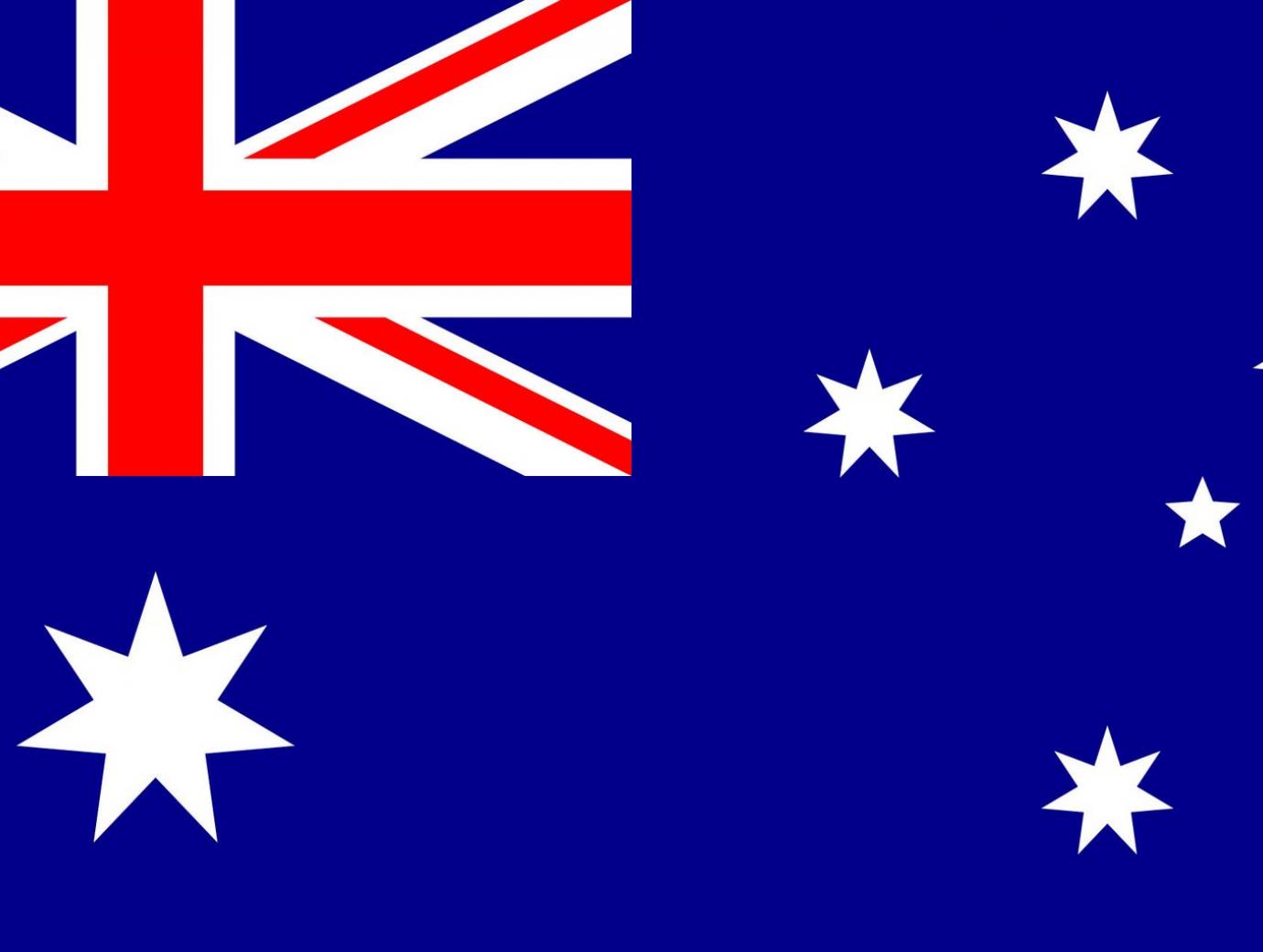Abstract
During its 62nd meeting in February 2017, ATAGI endorsed its recommendation for annual influenza vaccination for any person ≥6 months of age who wishes to reduce the likelihood of becoming ill with influenza.
Key points:
- Annual vaccination is the most important measure to prevent influenza and its complications.
- Annual influenza vaccination is recommended for any person ≥6 months of age who wishes to reduce the likelihood of becoming ill with influenza.
- Recent evidence suggests protection against influenza may start to decrease from 3 to 4 months following vaccination and early vaccination needs to be balanced with this. While influenza continues to circulate, it is never too late to vaccinate.
- Only quadrivalent influenza vaccines (QIV) formulations are available in Australia in 2017. Age restrictions apply according to vaccine brand (refer to Table 1).
- QIVs are funded on the National Immunisation Program (NIP) in 2017 for the following groups:
- Aboriginal and/or Torres Strait Islander children aged 6 months to <5 years
- Aboriginal and/or Torres Strait Islander persons aged ≥15 years
- All persons aged ≥65 years
- All persons aged ≥6 months who have certain medical conditions which increase the isk of influenza disease complications; for example, severe asthma, lung or heart disease, low immunity or diabetes (refer to Table 3).
- Pregnant women (during any stage of pregnancy).
- Influenza vaccination is also strongly recommended, but not funded, for other groups who are at increased risk of influenza and its complications (refer to Table 3 footnote).
- Persons with egg allergy, including anaphylaxis, can be safely vaccinated with influenza vaccines. Persons with a history of anaphylaxis to egg can be vaccinated with a full vaccine dose in medical facilities with staff experienced in recognising and treating anaphylaxis.
- Providers are reminded to report all vaccines given to the Australian Immunisation Register.
Australia


